Cannabis is real in Tennessee.
Real business people have real dollars at stake. Real consumers are facing real consequences (like jail time) running afoul of real laws. Real law enforcement officials do real work to simultaneously follow state and federal rules that often conflict. All of it, for now, runs easily into real gray territory as all of the players navigate a foggy system for a product once only the punch line of bad Willie Nelson jokes.
Foggy? Take this statement, for example: Ice is legal in Tennessee; water is illegal.
This confusing analogy was the simplest way the director of the Tennessee Bureau of Investigation (TBI) could describe a serious cannabis law-and-evidence situation back in August. That situation may have the realest consequences.
Some in Tennessee have been wrongly thrown into a tangled thorn bush of law and science, state’s rights versus federal law. Customers here bought a cannabis product made legal by the legislature in 2023. But the product became illegal (chemically speaking) while in the customer’s possession or after it was taken by police. But neither questions of science nor jurisdiction were likely on that cannabis customer’s mind as they sat in a dingy jail cell for following what they thought was Tennessee law.
This real-world scenario has proven one of the hardest turns in Tennessee’s zigzag efforts to create and nurture a safe and legal cannabis marketplace here since 2018. With its hard-line refusal to make cannabis legal for recreational use (as 24 states have done with more likely to come) or to create a legal marketplace for medical use (as 38 states have done), Tennessee finds itself in that legal/scientific thorn bush, splitting hairs with customers’ freedom in the balance.
But Tennessee is certainly not alone as it tangles with hemp-derived THC products or their marketplace. The U.S. Congress created these — and their many issues — when it made hemp legal on the federal level. Some have said the intent was the plant itself, not the many “intoxicating” substances scientists have been able to pull from the .3 percent of THC hidden inside legal hemp plants.
To some lawmakers, these products and their marketplace were “unintentional” and they’re working to close the “loophole.” Other states, like Georgia, have moved to allow the products but ban big product categories, like smokeable flower and THCA. Of course, other states, like Colorado, have made all marijuana products legal but closely regulated and richly taxed. All of these things are happening while the U.S. Drug Enforcement Agency (DEA) is working through the process to remove cannabis from its list of the worst drugs.
That move would likely change things dramatically in Tennessee, from consideration of a medical cannabis program to outright recreational use across the state. Until then, Tennessee lawmakers, consumers, businesses, and law enforcement officials operate in gray areas that could go quickly black and white, depending on who’s asking.
That’s just what happened to George Worden in Middle Tennessee in 2019.
Unapologetic about “unreliability”
Worden, of Gallatin, bought nine grams of a hemp product (a plant material, likely flower) at a local cannabis store. Stopped by police, they tested his purchase. One test was negative, the other inconclusive. The local district attorney general sent Worden’s stuff off to the TBI.
Worden refused to admit wrongdoing or take a plea deal. He took the charge to court. There, the TBI’s report said his hemp contained more than 1 percent of delta-9 THC, and a TBI chemist testified in court that it was “marijuana.” In 2020, Worden was convicted, fined $1,500, and sentenced to 60 days in jail. He paid up and served his time. Still, the blemish on his criminal record remained.
In February of this year, Worden’s attorney got a shocking phone call from the Sumner County District Attorney General’s office. The TBI admitted its testing method may have raised the levels of THC in Worden’s legally purchased hemp. The DA there wanted to reverse Worden’s conviction.
“Considering this new information about the potential for unreliability in the TBI’s THC testing process at the time of the investigation, combined with the doubts raised in the trial proof regarding inconclusive field test results, the evidence in this case does not support the defendant’s conviction beyond a reasonable doubt,” wrote Sumner County Criminal Court Judge Dee David Gay in the order vacating Worden’s conviction.
Later in 2024, the TBI told the Tennessee District Attorneys General Conference about changes in their cannabis testing methods. The changes could overturn some convictions, like Worden’s, and suggested the DAs review some recent cannabis cases. With that, Worden’s conviction may have been the first case overturned with the new information. But it likely won’t be the last.
Yet you won’t hear TBI Director David Rausch admitting problems with his agency’s testing. Nor will you hear him give an apology to anyone — like Worden — who may have spent time behind bars because of TBI tests.
“I have no apologies because I don’t have anything that I need to apologize for,” Rausch told reporters in August as word about THC testing issues began to surface. “We owe no apologies based on what we do because there is no flaw in the effort that we have put forward.”
In fact, Rausch said, “I take offense” to some of the “inflammatory statements made” about his agency and its testing. He said, “Our testing is solid.” However, in that same news conference Mike Lyttle, the assistant director for the TBI’s Forensic Services Division, admitted, “We don’t have instruments in place right now to tell the difference between THCA and THC.” While the TBI is now spending around $600,000 for equipment to do the tests, they send about 1,000 THCA samples off to the Tennessee Department of Agriculture (TDA) for testing in those cases.
Rausch said his team only provides results and data. Anything beyond that — possession charges in Worden’s case — are completely up to DAs. Further, when the Tennessee General Assembly changed hemp laws last year, his office interpreted them in-house. With that, they changed from reporting the amounts of delta-9 and began reporting it all as total THC. Then in the news conference, Rausch sort of threw up his hands at the minutiae.
“Remember, federally, this plant is still illegal, right?” Rausch said. “It doesn’t matter if you call it hemp. You call it whatever you want to call it. Federally, it’s still an illegal product.”
It was clear Rausch wants that simple, hard line on cannabis back in Tennessee. He said the bureau’s position is that all cannabis should be illegal once more here, and said confidently that there’s a “legislative fix” for it. However, he said he does not lobby the legislature but would work with them to “clarify” the situation, noting that “making it illegal again would also be clarifying.”
“Not totally wiped out”
But making it illegal again would also wipe out a hemp-derived cannabis market in Tennessee roughly valued at more than $208 million over the last 12 months. In that time, the 6-percent tax on hemp-derived retail products has yielded $12.5 million in Tennessee tax revenues, according to Kelley Mathis Hess, CEO of the Tennessee Grower’s Coalition (TGC).
New rules from the TDA wouldn’t go that far. But they would ban THCA products, mostly smokeable, raw, hemp flower products. If those rules are implemented, “that segment of the industry is over,” Hess said, noting that the segment can count as much as 70 to 80 percent of an individual retailer’s sales.
“If the state does implement these rules, the people that lose are small businesses, consumers, and the state itself with the generated tax revenues,” she said. “Because it’s federally legal, I can still go online and order it from Florida, Texas, Oregon, New York — wherever it’s legal — and ship it here. A lot of people will probably just go back to the black market, get back on opioids, or something else.”
State lawmakers passed regulations on cannabis last year and put the TDA in charge of managing the program. This meant that agriculture officials — not lawmakers — have made decisions about the future of the cannabis market here, including the one that could possibly ban smokeable THCA products.
For now, TGC has filed its major grievances with the state on the new rules, hoping for some flexibility, some relief. If the state won’t budge and bans smokeable THCA, the group has two months to file a lawsuit.
However, Hess said she hopes it doesn’t come to that. The industry has been flexible, following three different sets of rules in a matter of eight months. But right now, the industry is “in limbo.”
“It’s new and we expect it to get bigger,” Hess said. “We just want the opportunity to mature, and continue, and not be totally wiped out.”
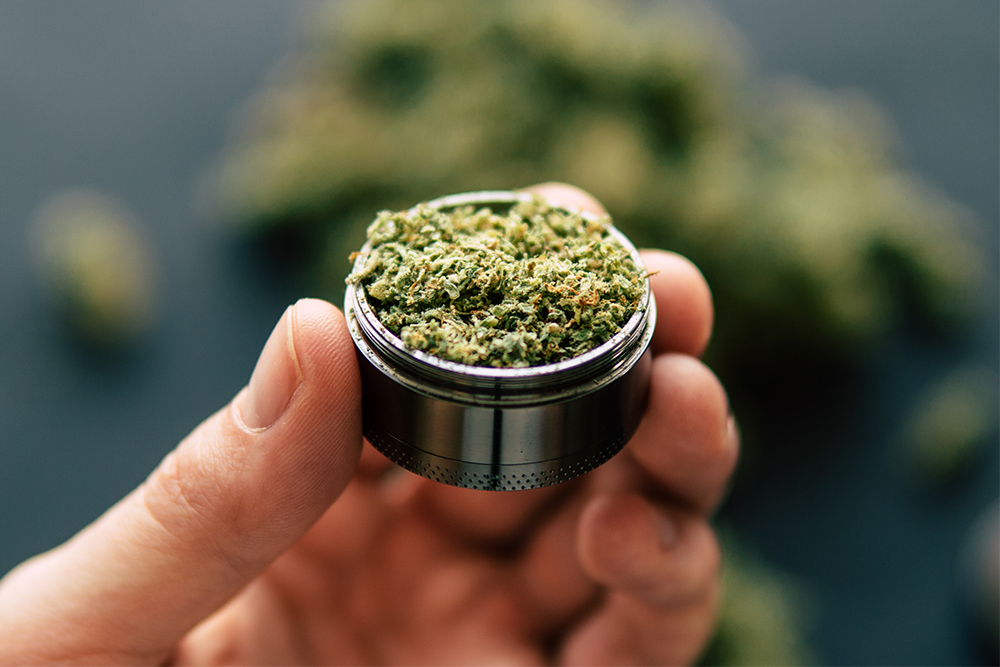
The Georgia experience
Georgia’s cannabis industry was dealt a massive blow from state lawmakers this year and, yes, it could be a sign of what’s to come in Tennessee.
The two states look similar when it comes to cannabis laws and approaches to the industry. Full recreational cannabis use is illegal in Georgia, like it is here. A limited number of patients can use medical cannabis oils there as here. However, state lawmakers in Georgia have allowed for certain cities — like Atlanta, Savannah, and Athens — to decriminalize cannabis possession for personal use. Meanwhile, Tennessee lawmakers overrode a Memphis City Council move to do the same here back in 2016.
Both states began to wrangle with a burgeoning cannabis industry that arose after the signing of the 2018 Farm Bill, which legalized hemp that contained small amounts of psychoactive substances. Industries in both states grew to see the familiar, green cannabis leaf appear in myriad shop windows. Industry groups arose in both, too, to lobby lawmakers and protect the business interests of cannabis growers and retailers.
Tennessee and Georgia also both decided to put cannabis regulation under the control of their departments of agriculture. The move has left some seemingly minute details in the hands of bureaucrats instead of lawmakers. In Tennessee, this is done even though those details can, maybe, make or break the bottom lines of businesses in a state that loves to say how business-friendly it is.
At the beginning of the year, Georgia lawmakers sought to regulate the state’s cannabis industry. The House, Senate, and governor approved the Georgia Hemp Farming Act, a set of regulations for age restrictions, labeling guidelines, testing protocols, licensing, and more everyday matters for so many industries.
But the Georgia law outright banned smokeable products and THCA. The legal reasons for that go back to the idea of THC amounts rising when these products are heated. The real reason, though, is likely because it gets you high and Jesus doesn’t like that very much (nor does the liquor lobby, conspiracy theories say). But that’s not how lawmakers said it.
“Here in Georgia, the safety of our residents is top priority, especially that of our children and young people,” said Governor Brian Kemp in a statement. “Consumable hemp products are dangerous to minors and unregulated hemp products are a danger to all Georgians.”
So the state enacted some commonsense regulations and then completely removed two whole product categories — not just products — from store shelves. Imagine the state government telling a bookstore they couldn’t carry nonfiction or magazines anymore. Why? Well, we just don’t like them and we’re protecting our community. That ban began on October 1st.
State officials said they’d give retailers a 90-day grace period to sell their remaining stock of now-illegal products. In the beginning, officials said they’d focus on educating the public. But a September statement from Georgia Agriculture Commissioner Tyler Harper gave a different vibe.
“The laws regarding under 21 sales and the sale of raw flower products are very straightforward and will be strictly enforced by our Law Enforcement and Hemp Program Divisions as well as other state and local law enforcement starting October 1st,” Harper said in a statement.
The Georgia Medical Cannabis Society said the new law was passed with “legislative sleight of hand” away from public comment and transparency. It’s also just bad for business.
“At its core, [the new law] presents a labyrinth of compliance hurdles that threaten to ensnare the unassuming farmer, processor, retailer, and consumer alike,” reads a LinkedIn post from Yolanda Bennett, operations manager for the society. “From fields of uncertainty for our farmers, ensnared by increased compliance costs and regulatory burdens, to processors caught in the crossfire of heightened testing and licensing expenses, the bill casts a long shadow of operational and financial strain.
“Retailers and dispensaries, once bustling hubs of community and healing, now face a constricted market, hemmed in by zoning restrictions and naming conventions that stifle their identity and outreach. At the end of this domino effect stand the consumers, bearing the brunt of increased product costs and reduced accessibility, their hands tied by the invisible chains of regulatory excess.”
The news had some Georgians scrambling. A number of Reddit posts in recent weeks have some saying they stocked up on their favorite flower or pre-rolls. Others said they planned to buy THCA products from online retailers in other states and have them drop-shipped through a Georgia retailer — a move that is totally legal, they said.
Some were going to just quit cannabis but would miss it. Some suggested other hemp-derived cannabinoids like delta-8 or delta-9. Others suggested getting a medical cannabis card, which could grant them access to buy low THC oil. These products contain less than 5 percent THC. Some were just going to call up their trusty illegal weed mane.
Again, this scenario could be a look into Tennessee’s crystal ball. Legalizing any intoxicating cannabis substance has been a bitter pill for state GOP lawmakers, no matter if cannabis supports agriculture and commerce, Tennessee’s official state motto.
But should it, like Georgia, ban these perception-altering products, it will hardly be alone. New laws in Virginia had some retailers saying they could wipe out 90 percent of the products on their shelves. In August, Missouri Gov. Mike Parson signed an executive order outlawing all intoxicating hemp products. But the Missouri Department of Health and Senior Services had to walk that one back, saying it would once again allow the sale of “psychoactive cannabis products” and instead it would focus on “misbranded” cannabis products.
Fed moves
Tennessee’s hard line on cannabis could end if the feds reclassify it, which would decriminalize it. That move is underway. While many here celebrate the light at the end of what’s has been a very long tunnel, GOP lawmakers are trying to dim those hopes.
The DEA announced this year would begin the process to remove cannabis from its list of the worst drugs. The public comment period in this move ended this summer. In those comments is a letter of opposition from several members of Congress, including U.S. Rep. David Kustoff (TN-8) and Tennessee Sen. Bill Hagerty. Among other things, the letter says the DEA was “not properly consulted” on the move, which suggests they were pushed into the change (allegedly by the Biden administration, though it’s never mentioned directly).
The letter says not enough is yet known about marijuana to loosen its laws. The lawmakers point to several studies claiming to prove that the drug raises rates of schizophrenia in young men, psychosis, anxiety, cognitive failures, adverse respiratory events, cancer, cardiovascular outcomes, and gastrointestinal disorders.
Sexual dysfunction was twice as high in men who used marijuana, they said of another study. They said marijuana use is responsible for more car crashes, violent behavior, alcohol use among veterans suffering PTSD, and a spike in emergency room visits, especially by young Black men.
“It is clear that this proposed rule was not properly researched, circumvented the DEA, and is merely responding to the popularity of marijuana and not the actual science,” reads the letter.
Yet another GOP-led move would ban all hemp-derived products — all of them — from the current Farm Bill, not waiting on any move from the DEA. This move would close the “loophole” that was “unintentionally” created in the 2018 Farm Bill that allowed hemp to be legalized, said U.S. Rep. John Rose (TN-6).
“Hemp is a product that requires and demands the correct guidelines, and if we do not provide these guidelines, we are threatening the safety of Americans,” Rose said during a House Committee on Agriculture meeting in May. “This amendment draws the much-needed line between the naturally occurring plant and adjacent particles, and the enhancing synthetic additives combined with the plant and placed on store shelves.”
Not all Republicans want to ban the products, however. During that same meeting, U.S. Rep. Jim Baird (IN-4) said he’d vote no on the measure because “farmers around the country have invested their time and treasure over the last six years to develop a domestic supply chain of hemp and hemp products.”
The Senate version of the Farm Bill has not yet been released, though Democrats and Republicans alike have floated ideas to regulate the “intoxicating” hemp market, estimated to be worth around $30 billion in the U.S. last year.
So, what’s a Tennessee cannabis consumer to do?
“Be smart consumers,” said TBI director David Rausch. But also, “If you want marijuana, go buy it.” As far as legal hemp products purchased legally, Rausch advised consumers to:
1. Keep your receipt from the store. That will go a long way to convince a cop during a pullover stop that the cannabis flower you bought is supposed to be legal.
2. As you drive or transport it home, keep your product in its original packaging, unopened. If you’re carrying legal stuff in a baggie in which police are used to seeing illegal stuff, you could run into a legal challenge.
3. As you’re driving, keep everything in your front seat, in plain view of an officer. This way it doesn’t look like you’re hiding anything.
4. Remember there is a chance of buying a product marked legal by a store, that may turn out to be illegal. You might not know until the police, the TBI, or the TDA test it.
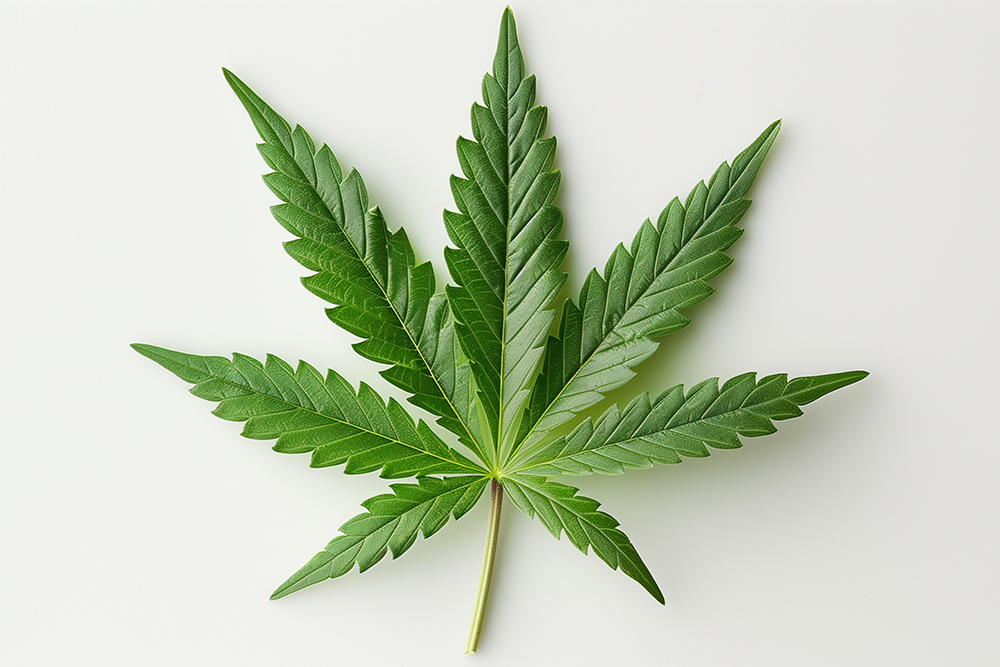
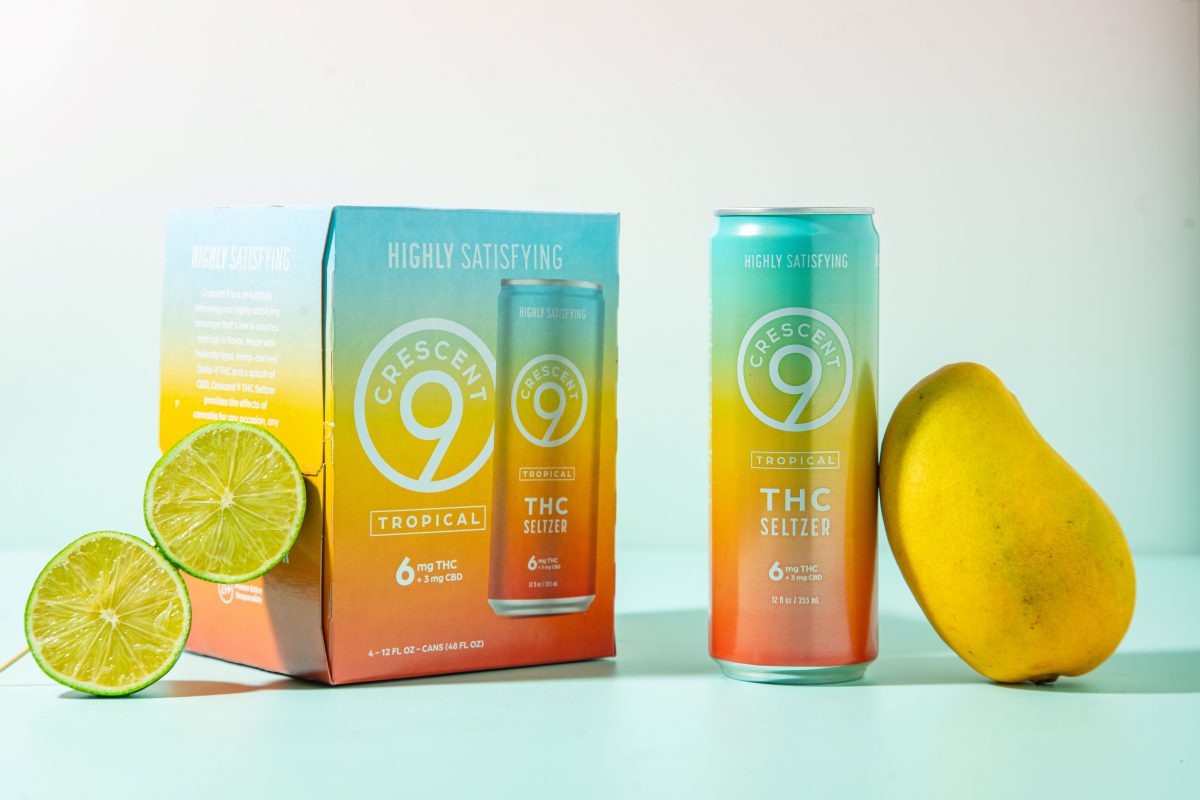
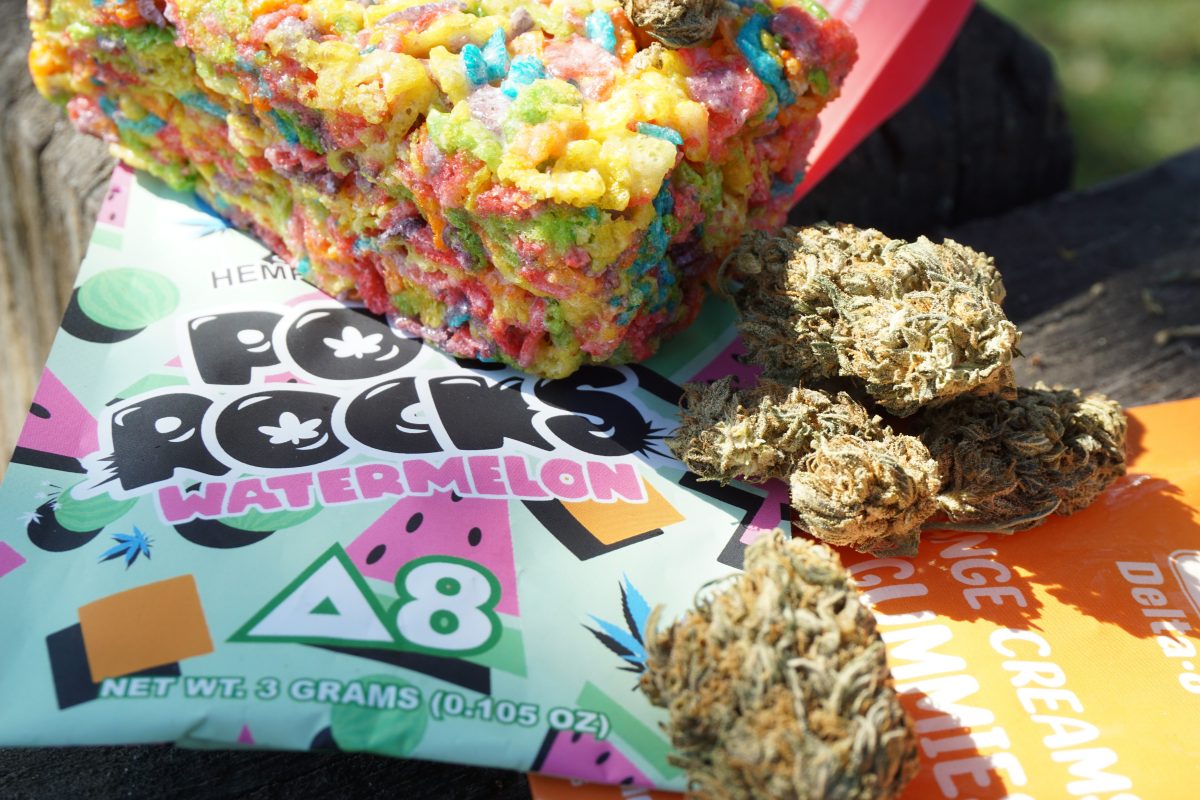
 Dimitri Bong | Unsplash
Dimitri Bong | Unsplash 
 Pexels/Ruslan Alekso
Pexels/Ruslan Alekso 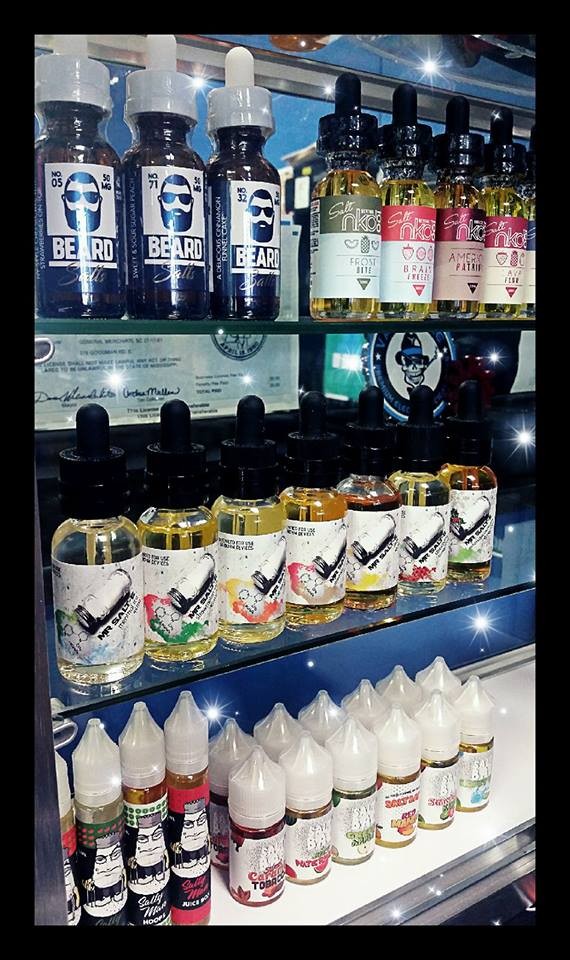 VaporWize
VaporWize  Dank Vapes
Dank Vapes